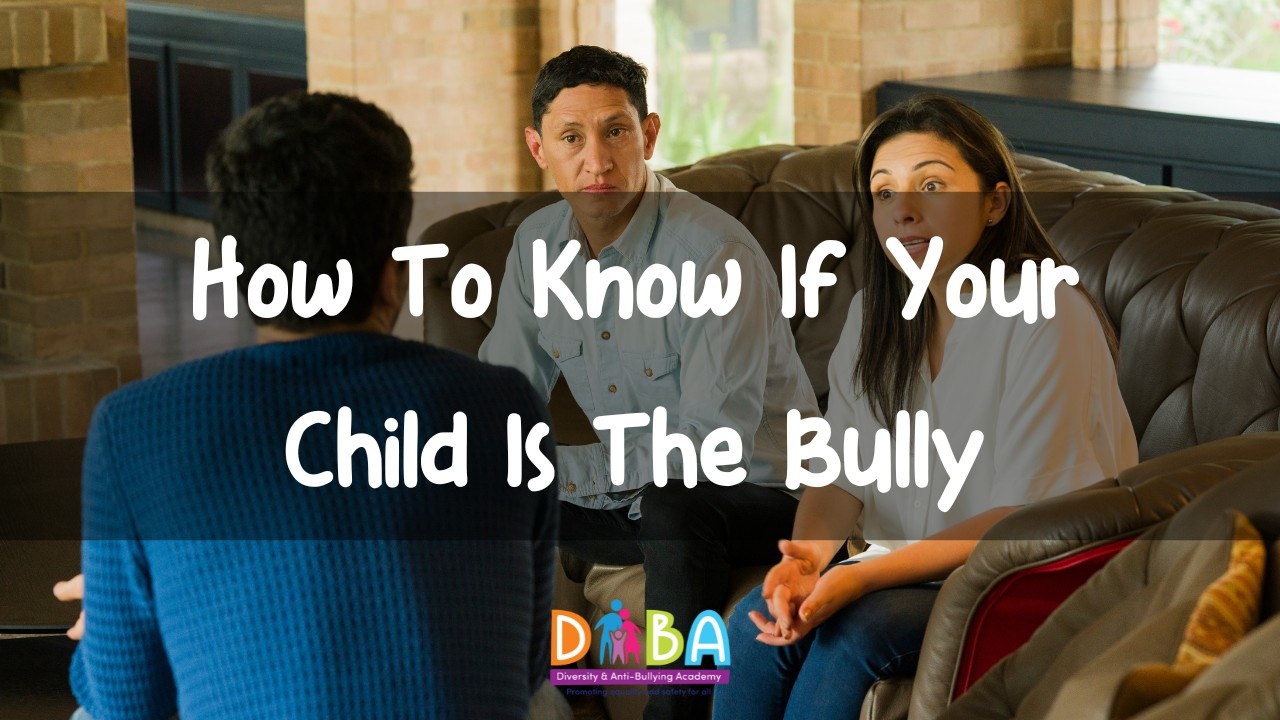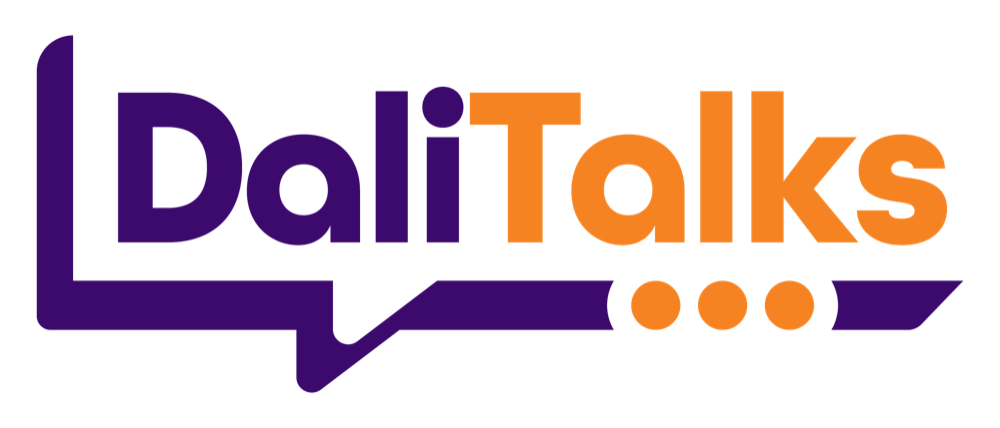What If My Child Is The Bully?

What were your beliefs about a bully when you were in school? I’ll be honest. Until I began doing research on bullying, I thought that kids who were bullies didn’t weren’t being parented well.
I know! Judgy!
I thought that they were just acting like either their parents or perhaps an older sibling or family member. A lot of people still think of bullies this way and you know, society overall tends to be very judgy about parents and kids.
I thought that bullies were just bad kids who loved making people like me miserable.
But, no one ever had a conversation with me about bullying or bullies at all.
The truth is that kids who bully are just kids who have not been taught how to deal with their emotions. Now, I’m not going to tell you that all kids who bully decide to target people for the same reason.
There are many motivators for bullies to do what they do. But right now, I want to talk about what you should do if your child is a bully.
Keep in mind that a child who bullies is NOT defined by their actions. Kids have the gift of time to grow, learn and evolve. Part of that growth is emotional growth and learning good coping skills, particularly during difficult times.
You might have already heard the terms “social-emotional skills” or “social-emotional learning” (SEL) at school. SEL is the process of developing the self-awareness, self-control, and interpersonal skills that are vital for school, work, and life success.
You see, kids who are not taught to manage their emotions will exhibit their feelings in different ways including with violence or aggression.
Sometimes kids want to get an adult’s attention, they might feel a mixture of emotions and feel confused, and they might feel so much hurt that they exhibit it in the form of anger and physical harm to themselves or others. Or they might feel that the only way to survive not being bullied is to become the bully.
So, if you think that your child is exhibiting bullying behaviors, here are some action steps to consider taking.
Pay attention to the way your child expresses themselves about others.
Note how people, your child’s peers, and people around your child refer to your child. For example, if you volunteer at your child’s school, do your notice people leaving the table your child sits at during lunch? Do other kids look stressed out, scared, or afraid of your child? Do people at school call your child negatively? Perhaps they call your child “the problem kid”, “the bully” or “the mean kid”? How do adults treat or refer to your child?
Is your child confident or arrogant around others?
I’ve had parents who have children that are very intelligent and aware of their intelligence that they become annoyed at others for not being able to keep up with them. They are so frustrated that they become arrogant and belittle others around them.
If you know that your child is bullying others, address it head-on.
Be direct. For example, if you witnessed them bullying someone, say, “I saw that you were bullying that kid in math class. Will you tell me why you treated that kid like that?”
Give your child the opportunity to tell you the underlying cause of their behavior. They might not have realized that they were bullying others or they might be aware of their actions but don’t know how to stop. If needed, get a mental health professional.
Next, give clear expectations.
For example, if your child has been belittling others, clearly tell them that you expect them to treat others better without repeating the insults and/or actions. So, if your child has been calling someone stupid for not being able to keep up with an assignment, let them know that you expect them to be patient and rather than call others stupid, to take the opportunity to teach them and become a mentor that they can look up to.
You must be clear on the consequences and leave out punishment.
Remind your child that you appreciate that they have admitted to their mistakes and that for that reason, you need to give them a consequence rather than a punishment. All actions have consequences. So, if your child belittled someone, the consequence you can impose could be that they have to apologize face-to-face. If your child hit someone, then, the consequence might be that they have to face the school administrator and accept their course of action. That consequence might be something like getting removed from a sports team or losing the opportunity to go on a field trip due to their behavior.
Regardless, your child needs to be given the chance to:
- Self-review
- Come up with a solution
- Have the opportunity to implement the solution
Remember that helping children is a constant action. Having a conversation about this just once or a few times is not enough. You must have conversations about treating others with respect and kindness throughout your child’s growth because the frontal cortex in the brain is not fully developed for girls until their mid-20s and males between ages 25-30. That means, that most of our executive functions: short-term memory, memory storage, paying attention, risk vs. reward behavior, empathy, planning, emotional regulation, and more. Until then, no matter how mature a person may seem otherwise, they’re still ruled by the amygdala: emotion, impulsivity, and an inability to fully comprehend the consequences of their actions.
So, please be loving, patient, and consistent with your child.

